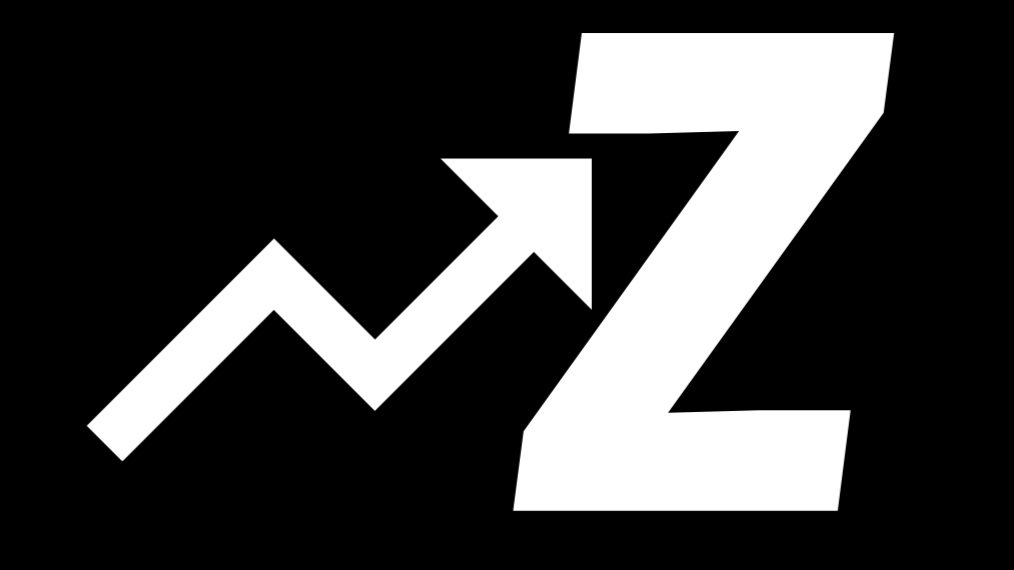Healthcare Executive Assassinated in New York: What It Means for Politics
A Targeted Attack in Broad Daylight
Brian Thompson, the CEO of UnitedHealthcare, was gunned down outside the New York Hilton Midtown early Wednesday morning in what police are calling a “brazen targeted attack.” Surveillance footage captured the chilling incident as the suspect waited for Thompson near the hotel before approaching and firing multiple shots. The assailant then fled the scene on an electric Citi Bike, disappearing into Central Park.
A Shocking Incident During an Investor Meeting
Thompson, 50, was in New York for UnitedHealthcare’s annual investor conference. The event continued as news of his death spread, leaving attendees stunned. UnitedHealthcare, a major player in the U.S. healthcare industry, employs over 140,000 people and insures millions of Americans.
Possible Motives Under Investigation
Authorities revealed that Thompson had received threats prior to his death, potentially tied to controversies surrounding UnitedHealthcare. The company has faced criticism for denying medical claims and was recently involved in a cyberattack that exposed sensitive health data. Shell casings at the scene bore cryptic messages—“deny,” “defend,” and “depose”—which investigators are analyzing for clues about the shooter’s motives.
The Broader Implications of Violence
This tragic event underscores the dangers of targeted violence and its implications for public safety. While it remains unclear why Thompson was attacked, the incident raises questions about growing hostility toward public figures in polarizing industries like healthcare. Executives, as the faces of systemic issues, may increasingly become targets of anger and frustration.
Why This Matters in Politics
The assassination of a corporate leader highlights an alarming intersection of business, politics, and public anger. Healthcare is a deeply political issue, influencing legislation, policy debates, and public perception. A violent act against a figure like Thompson may reflect rising dissatisfaction with how companies and institutions handle critical societal needs like healthcare. This event calls attention to the urgent need for political dialogue addressing systemic challenges to avoid the escalation of violence as a form of protest. It also raises concerns about the security of high-profile individuals who play pivotal roles in industries tied to public welfare.
